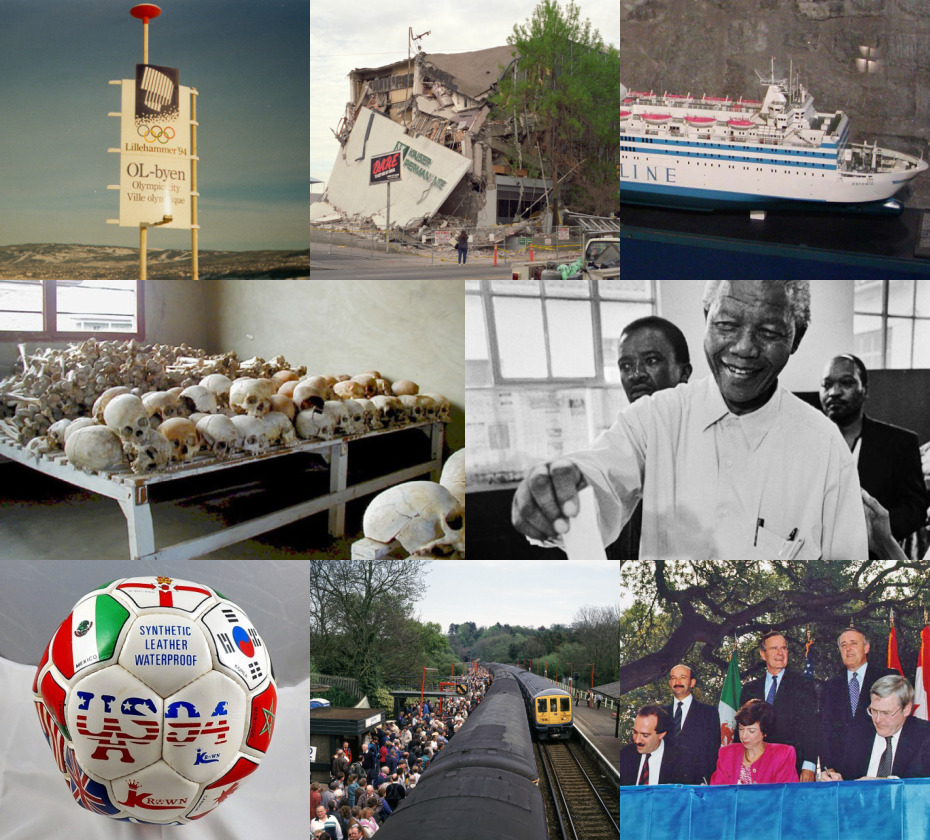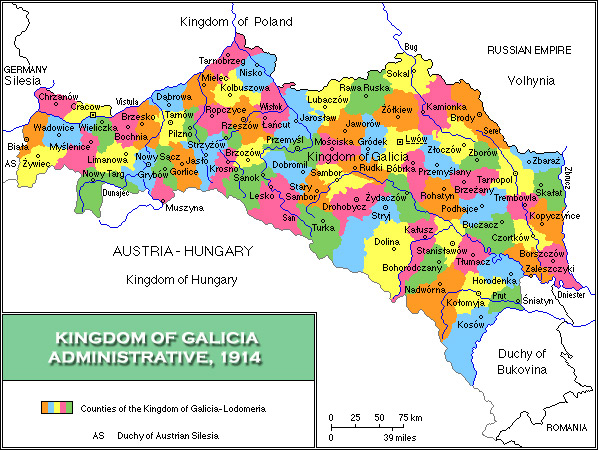|
Democratic Bloc (Ukraine)
The Democratic Bloc (; ''Demokratychnyi Blok'') was a political alliance and an electoral bloc in Ukraine founded during the election campaign to participate in the parliamentary election held in March 1990. History The elections in the spring of 1990 were the first where the Soviet-authorities allowed the formation of full-fledged political parties that varied in their political agendas. Serhy Yekelchyk ''Ukraine: Birth of a Modern Nation'', Oxford University Press (2007), , page 187 The first democratic bloc that consisted of smaller parties was formed during the election. The "Democratic Bloc" included the People's Movement of Ukraine (''Rukh''), Helsinki Watch Committee of Ukraine, Green World Association, and other organizations. It managed to obtain 111 seats out of 442 in Verkhovna Rada (Ukraine's parliament). The democratic deputies formed the "Narodna Rada" group, which consisted of around 90 to 125 members and was the opposition to the conservative-communist "group of ... [...More Info...] [...Related Items...] OR: [Wikipedia] [Google] [Baidu] |
Ihor Yukhnovskyi
Ihor Rafailovych Yukhnovskyi (; also Yukhnovsky; 1 September 1925 – 26 March 2024) was a Ukrainian physicist and politician, and a member of the Presidium of Academy of Sciences of Ukraine, Hero of Ukraine. Life before politics Yukhnovskyi was born on 1 September 1925, in Kniahynyne village, Dubno powiat, Wołyń Voivodeship (Poland). In 1944–1945 he participated in World War II on the side of Red Army. In 1951 he became the head of Theoretical Physics Department at Lviv University. In 1969 Yukhnovskyi, at that time Doctor of Physics and Mathematics led the newly organized Department of Statistical Theory of Condensed Matter. In 1980 the department was reorganized into the Lviv division of statistical physics for the Institute for Theoretical Physics, and then in 1990 into the Institute of Condensed Matter Physics of the National Academy of Sciences of Ukraine. Political life On 30 March 1990, Yukhnovskyi was elected with 59.07% votes (out of 6 candidates) as a member of ... [...More Info...] [...Related Items...] OR: [Wikipedia] [Google] [Baidu] |
Ukraine Without Kuchma
"Ukraine without Kuchma" (; ''Ukrayina bez Kuchmy'', Russian: Украина без Кучмы, UBK) was a mass protest campaign that took place in Ukraine in 2000–2001, demanding the resignation of President Leonid Kuchma, and preceding the Orange Revolution. Unlike the Orange Revolution, Ukraine without Kuchma was effectively extinguished by the government enforcement units, and followed by numerous arrests of the opposition and the Ukrainian-speaking participants. Seeking the criminal responsibility for those events was renewed with the election of Viktor Yanukovych as the President of Ukraine. "Ukraine without Kuchma" was organized by the political opposition, influenced by the infamous Cassette Scandal, presidential elections of 1999, and aimed mainly to demand the resignation of the newly re-elected President Kuchma. The protests did not disappear untraced and resulted in consolidation of the democratic opposition which led to the Orange Revolution. Beginning of the p ... [...More Info...] [...Related Items...] OR: [Wikipedia] [Google] [Baidu] |
Ukrainian Platform "Sobor"
Republican Platform () is a political party in Ukraine. It was the first registered political party in Ukraine, created on November 5, 1990Українська республіканська партія „Собор“ Database DATA by the Ministry of Justice of UkrSSR. RP was founded earlier that year in place of the Ukrainian Helsinki Group in April 1990. Previous names *1990 – 2002: Ukrainian Republican party *2002 – 2011: Ukrainian Republican Party "Sobor" ()[...More Info...] [...Related Items...] OR: [Wikipedia] [Google] [Baidu] |
Ukrainian Republican Party
The Ukrainian Republican Party () is a political party in Ukraine. Created on 5 November 1990, Database DATA by the of UkrSSR. it was the first formal political party besides the to be officially registered, though it had been founded in April 1990 on the basis of the Ukrainian Helsinki Union. In April 2002 the ... [...More Info...] [...Related Items...] OR: [Wikipedia] [Google] [Baidu] |
Our Ukraine–People's Self-Defense Bloc
The Our Ukraine–People's Self-Defense Bloc (, Russian language, Russian: Блок Наша Украина – Народная Самооборона, ''Blok Nasha Ukraina – Narodnaya Samooborona,'' NUNS; until 2007 named Our Ukraine Bloc) was an electoral alliance active in Ukraine from 2001 until 2012, associated with former President of Ukraine, President Viktor Yushchenko. Since 2005, the bloc had been dominated by a core consisting of the Our Ukraine (political party), People's Union "Our Ukraine" party and five smaller partner parties. On 17 November 2011, the Ukrainian Parliament approved an election law that banned the participation of blocs of political parties in Elections in Ukraine, parliamentary elections.Parliament passes law on parliamentary elections Kyiv Post (1 ... [...More Info...] [...Related Items...] OR: [Wikipedia] [Google] [Baidu] |
1994 Ukrainian Parliamentary Election
The year 1994 was designated as the "International Year of the Family" and the "International Year of Sport and the Olympic Charter, Olympic Ideal" by the United Nations. In the Line Islands and Phoenix Islands of Kiribati, 1994 had only 364 days, omitting December 31. This was due to an adjustment of the International Date Line by the Kiribati government to bring all of its territories into the same calendar day. Events January * January 1 ** The North American Free Trade Agreement (NAFTA) is established. ** Beginning of the Zapatista uprising in Mexico. * January 8 – ''Soyuz TM-18'': Valeri Polyakov begins his 437.7-day orbit of the Earth, eventually setting the world record for days spent in orbit. * January 11 – The Irish government announces the end of a 15-year broadcasting ban on the Provisional Irish Republican Army and its political arm Sinn Féin. * January 14 – U.S. President Bill Clinton and Russian President Boris Yeltsin sign the Kremlin accords, which ... [...More Info...] [...Related Items...] OR: [Wikipedia] [Google] [Baidu] |
Ternopil Oblast
Ternopil Oblast (), also referred to as Ternopilshchyna () or Ternopillia (), is an Oblasts of Ukraine, oblast (province) of Ukraine. Its Capital (political), administrative center is Ternopil, through which flows the Seret (river), Seret, a tributary of the Dniester. Population: One of the natural wonders of the region are its cave complexes.Tell about Ukraine. Ternopil Oblast . 24 Kanal (youtube). Although Ternopil Oblast is among the smallest regions in Ukraine, over 100 caves have been discovered there. Scientists believe these are only 20% of all possible caves in the region. The biggest cave is Optymistychna Cave. Measuring in total length, it is the longest cave in Eurasia and the list of longest caves, fifth-longest in the world. [...More Info...] [...Related Items...] OR: [Wikipedia] [Google] [Baidu] |
Ivano-Frankivsk Oblast
Ivano-Frankivsk Oblast (), also referred to as Ivano-Frankivshchyna () or simply Frankivshchyna, is an administrative divisions of Ukraine, oblast (region) in western Ukraine. Its administrative center is the city of Ivano-Frankivsk. It has a population of The area, also known as Prykarpattia, was part of the historical region of Galicia (Eastern Europe), Galicia, where the Kingdom of Galicia–Volhynia flourished. After World War I, the area became part of the Second Polish Republic and was administered as part of Stanisławów Voivodeship until the invasion of Poland. The area was annexed by the Soviet Union and was known as Stanislav Oblast until 1962, when its administrative center was renamed after the Ukrainian writer Ivan Franko. Kolomyia was a historical center of the oblast and remains a major cultural center of Pokuttia, the traditional name for the southern part of the oblast. Name On November 9, 1962, a decree was issued by the Presidium of the Verkhovna Rada of the ... [...More Info...] [...Related Items...] OR: [Wikipedia] [Google] [Baidu] |
Lviv Oblast
Lviv Oblast (, ), also referred to as Lvivshchyna (, ), is an administrative divisions of Ukraine, oblast in western Ukraine. The capital city, capital of the oblast is the city of Lviv. The current population is History Name The region is named after the city of Lviv which was founded by Daniel of Galicia, the Kingdom_of_Galicia–Volhynia#Princes_and_kings, King of Galicia, in the 13th century, where it became the capital of Kingdom of Galicia–Volhynia, Galicia-Volhynia. Daniel named the city after his son, Leo I of Halych, Leo. During this time, the general region around Lviv was known as Kingdom of Galicia–Volhynia, Galicia–Volhynia — one of the strongest and most stable kingdoms in Eastern Europe of that time. Early history The oblast's strategic position at the heart of central Europe and as the gateway to the Carpathian Mountains, Carpathians has caused it to change hands many times over the centuries. In the Early Middle Ages, the territory was inhabited by the L ... [...More Info...] [...Related Items...] OR: [Wikipedia] [Google] [Baidu] |
1990 Ukrainian Local Elections
The 1990 Ukrainian local elections took place on 4 March 1990 when Ukraine, as the Ukrainian SSR was still a part of the Soviet Union. In these relatively free elections electoral commissions managed to block the participation of most opposition group candidates while "acceptable social organisations" were permitted to register.Public Opinion And Regime Change: The New Politics Of Post-soviet Societies by Arthur H. Miller and William M. Reisinger, Routledge, 2020, , pagePolitics and society in Ukraine by Paul D'Anieri, ... [...More Info...] [...Related Items...] OR: [Wikipedia] [Google] [Baidu] |
OpenDemocracy
openDemocracy is an independent media platform and news website based in the United Kingdom. Founded in 2001, openDemocracy states that through reporting and analysis of social and political issues, they seek to "challenge power and encourage democratic debate" around the world. The founders of the website have been involved with established media and political activism. The platform has been funded by grants from organisations such as Charles Stewart Mott Foundation, the Open Society Foundations, the Ford Foundation, and Joseph Rowntree Charitable Trust, as well as by receiving direct donations from readers. History openDemocracy was founded in 2000 by Anthony Barnett, David Hayes, Susan Richards and Paul Hilder. First publication began in May 2001. Founder Anthony Barnett, Charter 88 organiser and political campaigner, was the first editor (2001–2005) and Isabel Hilton was editor from 2005 to 2007. She was succeeded in 2010 by Rosemary Bechler, who in turn handed ov ... [...More Info...] [...Related Items...] OR: [Wikipedia] [Google] [Baidu] |
Cambridge Scholars Publishing
Cambridge Scholars Publishing (CSP) is an academic book publisher based in Newcastle upon Tyne, England. It is not affiliated with the University of Cambridge or Cambridge University Press. It began as the hobby project of a Cambridge alumnus publishing out-of-print Victorian novels. Since then, it has expanded into health science, life science, physical science, and social science. In 2018 it published 729 books. It is known for its aggressive solicitation of authors via email, and uses print on demand techonology to publish a large number of titles every year under a low margin business model, with limited editorial oversight of published works. Although Cambridge Scholars does not charge its authors, it has been listed as a predatory publisher by Cabells' Predatory Reports. Business model Cambridge Scholars Publishing aggressively solicits academic authors via email using information found online, such as recently graduated PhD students with offers to publish their thes ... [...More Info...] [...Related Items...] OR: [Wikipedia] [Google] [Baidu] |







